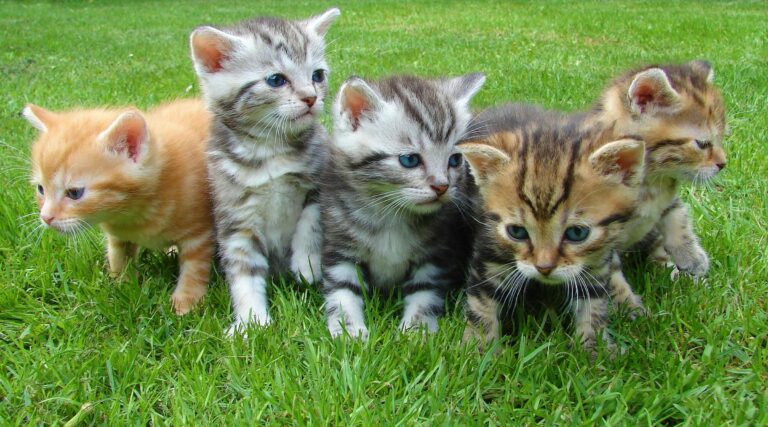Pets and the illusion of choice
Owning pets can seem like a simple choice for companionship. They bring joy, comfort, and unconditional love. Yet, this lifestyle is shaped by social and economic inequalities. For some, affording pet food and care is manageable. For others, it is a burden. Just as people turn to Bizzo Casino for entertainment or escape, many find solace in pets. However, the cost of care highlights deep divides in society.
The rising costs of pet ownership
Pet ownership is increasingly expensive. High-quality food, veterinary bills, and grooming services create financial pressure. Big companies push expensive products as essential, turning care into a luxury. Many pet owners struggle to balance love for their animals with financial realities. This commodification of pet care serves corporations, not animals or their owners.
Adoption versus pet shops
Adopting from shelters saves lives and costs less. Yet, pet shops and breeders market animals as luxury items. This creates a divide between those who adopt out of compassion and those who buy for status. The focus should shift toward rescuing animals rather than fueling industries profiting from overbreeding.
Exploitation in the pet care industry
Pet care is a booming market worth billions. From toys to spa treatments, it turns animals into commodities. Workers in this industry, however, are often underpaid and overworked. The profits flow to corporations while employees face precarious conditions. This reflects the broader dynamics of capitalism, where profit outweighs fairness.
The environmental cost of pet ownership
Pet products often come with high environmental costs. Packaging, transportation, and production leave significant carbon footprints. Even pet food, especially premium brands, uses resources that harm the planet. Addressing this issue requires sustainable practices in pet care, not just profit-driven solutions.
Pets as emotional support and mental health
Pets improve mental health, reducing stress and loneliness. They provide stability in an unstable world. However, mental health support through pets isn’t accessible to everyone. For many, adopting or caring for a pet is out of reach due to financial barriers. This highlights how even emotional comfort can be tied to privilege.
Communities supporting pet owners
Grassroots groups and shelters often step in where corporations fail. They provide affordable care, food, and support for struggling pet owners. These initiatives show that solidarity can make pet care more accessible. Supporting such efforts can help challenge profit-driven systems.
The politics of animal welfare
Animal welfare laws often prioritize industry profits over real care. Factory farming and unethical breeding practices continue unchecked. True reform would mean placing the well-being of animals and workers above corporate interests. This requires collective action and stricter regulations.
Affordable pet care solutions
Many families struggle to afford vet bills and good food for their pets. Free clinics and food banks for pets can help. These services show that caring for animals shouldn’t depend on wealth. Everyone deserves the chance to keep their pets healthy and happy.
Overbreeding and abandoned animals
Breeders often prioritize profit over the well-being of animals. This leads to overpopulation and abandoned pets. Shelters are full of animals needing homes, yet breeding continues. Supporting adoption instead of breeders helps fight this problem and gives abandoned animals a second chance.
Teaching kids about animals
Caring for pets can teach children responsibility and empathy. However, not all families can afford pets. Schools and community programs could offer pet care education to help children connect with animals. These programs show that love for animals is about compassion, not money.
Conclusion
Pets enrich lives but reveal inequalities in society. From the cost of care to the impact on workers, the pet care industry mirrors broader social issues. Addressing these challenges means pushing for fair practices, sustainable solutions, and community-driven support. Pets deserve love and care, but so do the people and systems that surround them.



